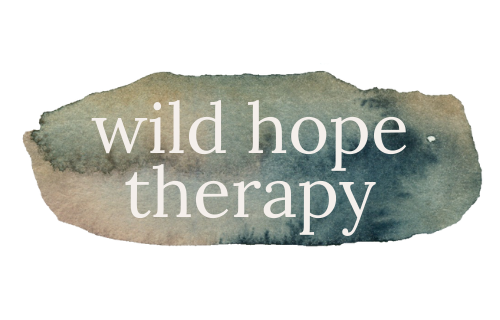Mental Health for Women of Color in 2025: Finding Strength in Community and Resistance in Joy
In 2025, navigating mental health as a woman of color remains both a deeply personal and in some ways, a profoundly political act. With a shifting landscape that continues to challenge access to healthcare, reproductive rights, and racial equity, maintaining one’s mental health becomes an essential form of resistance. This resistance is not about confrontation alone but also about radical acts of care, rest, and joy—particularly within communities of color.
Cultural Landscape and Its Impact on Mental Health
The cultural challenges of 2025 include persistent debates about equity in healthcare, systemic racism, and threats to policies that protect marginalized communities. These challenges often compound the daily stressors faced by women of color, including microaggressions, workplace discrimination, and caregiving responsibilities.
Such stressors can result in mental health struggles like anxiety, depression, and burnout. Yet, stigma within some communities of color can make it difficult for women to seek help. Mistrust of healthcare providers—rooted in a long history of medical racism—further complicates access to effective care. This makes it crucial for women of color to explore both individual and collective paths to mental wellness.
Finding and Keeping Community: A Form of Self-Care
Community is not just a support system; it is a lifeline. For women of color, finding and nurturing community can be an act of profound self-care. Community provides validation, shared understanding, and practical support. Whether it’s through faith groups, activist networks, cultural organizations, or online spaces, being surrounded by people who understand your lived experience can alleviate feelings of isolation.
Creating and maintaining community takes effort, but it’s worth it. Here are some ideas for cultivating connections:
Join local or virtual support groups: Whether they focus on mental health, parenting, or professional growth, these spaces can offer solidarity and shared resources.
Engage in cultural events: Reconnecting with traditions and heritage can provide comfort and a sense of belonging.
Seek out safe online spaces: Platforms like Therapy for Black Girls and Inclusive Therapists not only connect you with providers but also foster vibrant communities.
Foster intergenerational relationships: Learning from elders and mentoring younger women can build resilience and a deeper sense of purpose.
Rest and Joy as Acts of Resistance
In a society that often glorifies hustle culture and demands endless labor from women of color, choosing rest and joy is revolutionary. Rest isn’t just about physical recovery; it’s about reclaiming time and space for yourself in a world that often denies it to you. Joy, too, is resistance—a reminder of the beauty and richness of life despite systemic oppression.
Here’s how rest and joy can manifest in daily life:
Rest as radical care: Prioritize sleep, take mental health days, and give yourself permission to pause without guilt.
Joy as nourishment: Celebrate small victories, engage in creative activities, and carve out time for things that bring you happiness, whether that’s dancing, gardening, or spending time with loved ones.
Discernment about what gets your attention and energy: Find the balance that works for you with the attention you pay to the daily news and shifting to the day to day of your own life, family, and surroundings.
By embracing rest and joy, you resist the narrative that your worth is tied to productivity and reclaim your right to simply be.
Addressing Cultural Concerns About Mental Health
In many communities of color, mental health discussions can still feel like they carry stigma. Common misconceptions may frame therapy as unnecessary or a sign of weakness. Breaking through these barriers requires cultural sensitivity and informed conversations.
Identifying a therapist who is willing to work on building trust with you is key. Seek out therapists who understand the cultural nuances of your experience. Organizations like The Loveland Foundation provide free or discounted therapy sessions specifically for Black women and girls, while Inclusive Therapists focuses on connecting clients with providers who embrace diversity.
Resources to Support Your Mental Health Journey
Finding the right support can make all the difference. Here are some trusted organizations and platforms designed to help:
Therapy for Black Girls
A directory and resource hub dedicated to helping Black women and girls find therapists who understand their unique needs.
The Loveland Foundation
Provides financial assistance for therapy sessions to Black women and girls, ensuring that mental health care is accessible.
Inclusive Therapists
A platform that connects clients with diverse, culturally competent therapists who understand intersectional identities.
These resources not only connect you to care but also affirm the value of your mental health.
The Importance of Mental Health for Women of Color
Mental health is foundational to every aspect of your life—relationships, work, creativity, and advocacy. Prioritizing it is not selfish; it is necessary. When women of color heal, they create ripple effects that strengthen families, communities, and movements for justice.
In 2025, the path to mental wellness is both personal and collective. By seeking community, practicing rest, and embracing joy, you not only care for yourself but also challenge systems that seek to devalue your existence. Mental health is not just a goal; it is a powerful form of resistance. And you deserve to feel your best.
